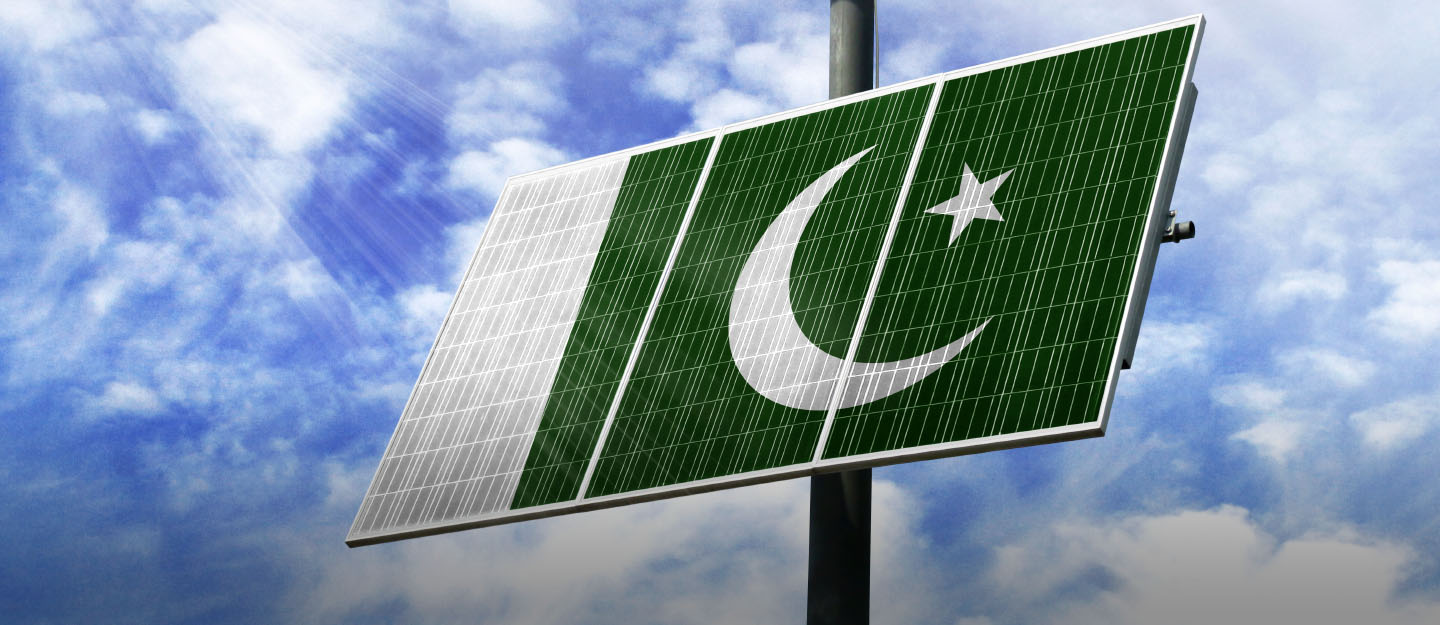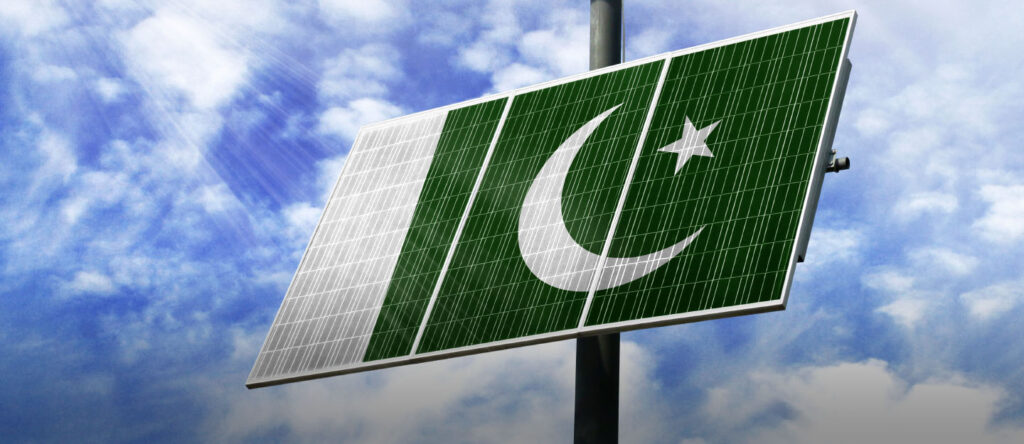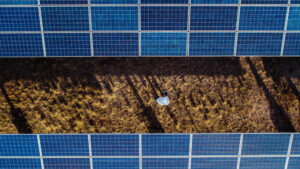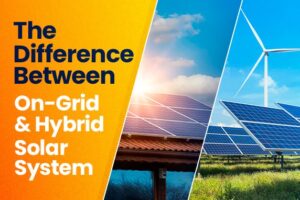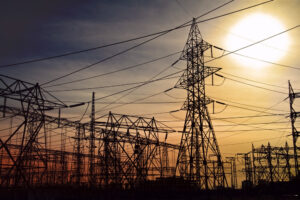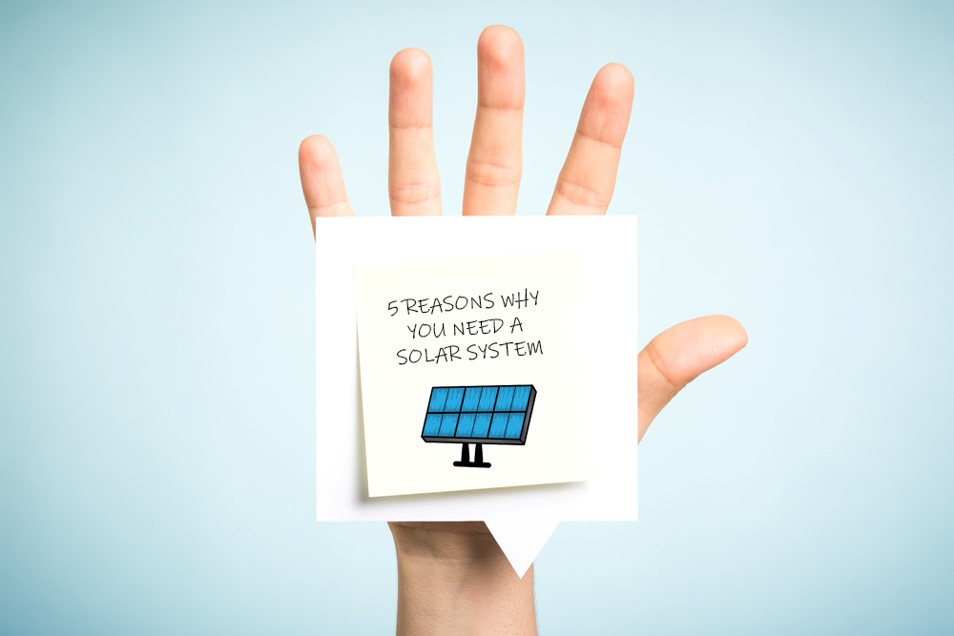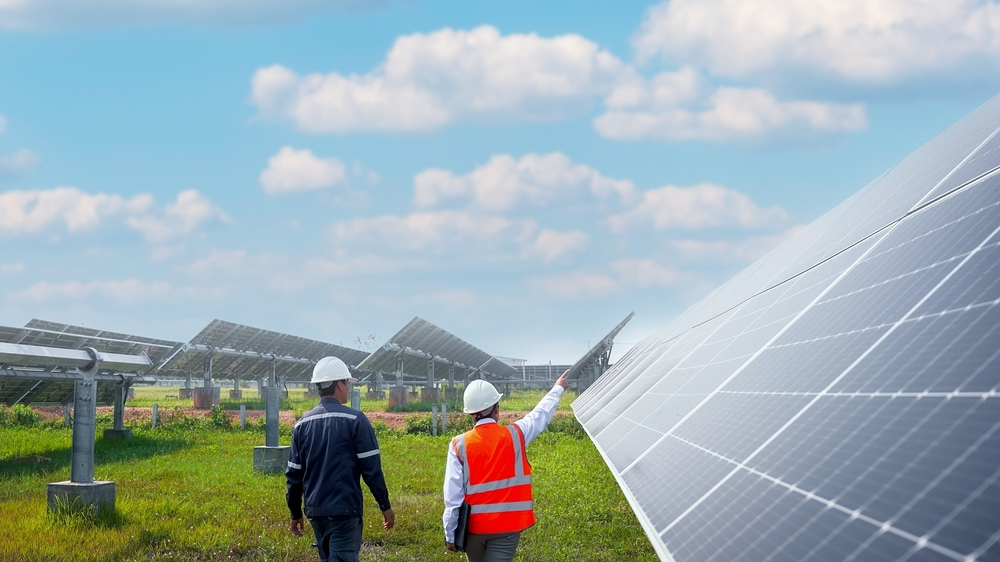
As the global community strives to combat climate change and transition towards sustainable energy sources, the business landscape in Pakistan is witnessing a significant shift. Commercial enterprises are increasingly turning to solar energy not only as a means of contributing to environmental well-being but also as a savvy financial investment. In this blog, we will explore the compelling financial benefits that commercial solar systems offer to businesses in Pakistan, demonstrating how this investment is not just environmentally responsible but also economically sound.
1. Cost Savings through Energy Independence
One of the primary financial benefits of investing in commercial solar systems is the potential for substantial cost savings on electricity bills. Traditional grid electricity in Pakistan often comes with unpredictable costs and is susceptible to price fluctuations. By adopting solar power, businesses can achieve a degree of energy independence and shield themselves from the volatility of utility prices.
Solar panels generate electricity from sunlight, a free and abundant resource, meaning that once the initial investment is recouped, businesses can enjoy reduced or even eliminated electricity costs. This not only contributes to the bottom line but also provides a degree of financial predictability, allowing businesses to plan for the long term with confidence.
2. Return on Investment (ROI) and Payback Period
While the upfront costs of installing a commercial solar system may seem significant, the return on investment over time is compelling. Advances in solar technology, coupled with government incentives and favorable financing options, have significantly shortened the payback period for commercial solar installations in Pakistan.
In many cases, businesses can expect to recoup their initial investment within a relatively short timeframe, after which the solar system continues to generate savings and profits for the remainder of its lifespan. The positive cash flow generated by reduced energy bills and potential revenue from excess energy fed back into the grid contribute to an attractive financial equation for businesses.
3. Government Incentives and Subsidies
The Pakistani government, recognizing the importance of renewable energy, has implemented various incentives and subsidies to encourage the adoption of solar power. These incentives include tax credits, reduced import duties on solar equipment, and favorable financing terms. Businesses that invest in commercial solar systems can leverage these government programs to significantly offset installation costs, making the financial proposition even more appealing.
Additionally, the net metering policy allows businesses to sell excess electricity generated by their solar systems back to the grid, providing an additional revenue stream. This not only contributes to the financial viability of the investment but also supports the overall grid by adding clean energy to the system.
4. Enhanced Property Value and Corporate Image
Beyond direct financial benefits, investing in a commercial solar system can enhance a business’s property value and corporate image. Solar-equipped buildings are often seen as more environmentally friendly and socially responsible, which can positively influence stakeholders’ perceptions.
In a competitive business landscape, showcasing a commitment to sustainability can be a differentiator. As consumers and investors increasingly prioritize environmentally conscious practices, a solar-powered business can stand out, potentially attracting a more loyal customer base and enhancing the overall brand value.
5. Hedging Against Energy Price Volatility
Electricity prices in Pakistan, like many parts of the world, are subject to market forces and external factors. By investing in a commercial solar system, businesses can hedge against the uncertainty of future energy prices. As the cost of conventional energy sources continues to rise, the fixed and predictable nature of solar energy becomes a strategic advantage.
This ability to lock in a stable and known energy cost over the long term provides businesses with a competitive edge, allowing them to allocate resources more efficiently and plan for future growth with greater confidence.
Conclusion
In Pakistan, the financial benefits of investing in commercial solar panels are clear and compelling. Beyond being a responsible choice for the environment, businesses can achieve significant cost savings, enjoy a rapid return on investment, and leverage government incentives to make the transition to solar power financially attractive.
As solar technology continues to advance and the global focus on sustainable business practices intensifies, the case for commercial solar investments in Pakistan becomes increasingly robust. By seizing this opportunity, businesses not only contribute to a cleaner and more sustainable future but also position themselves as financially prudent leaders in a rapidly evolving economic landscape. The sun is not only shining on the solar panels; it’s illuminating a path to a more prosperous and sustainable future for businesses in Pakistan.



